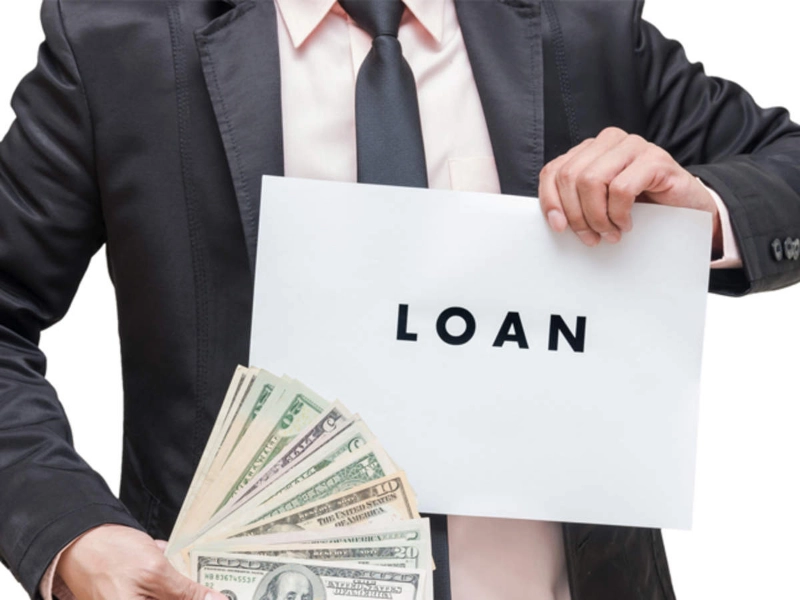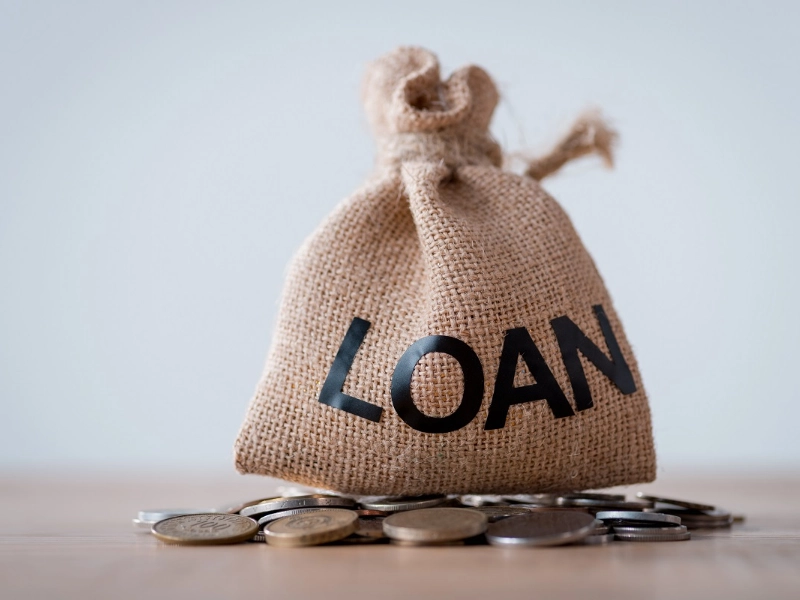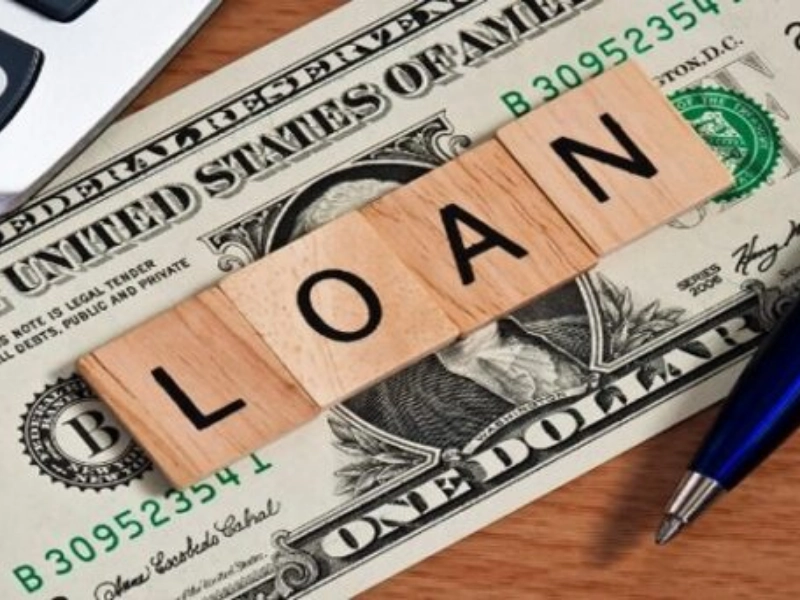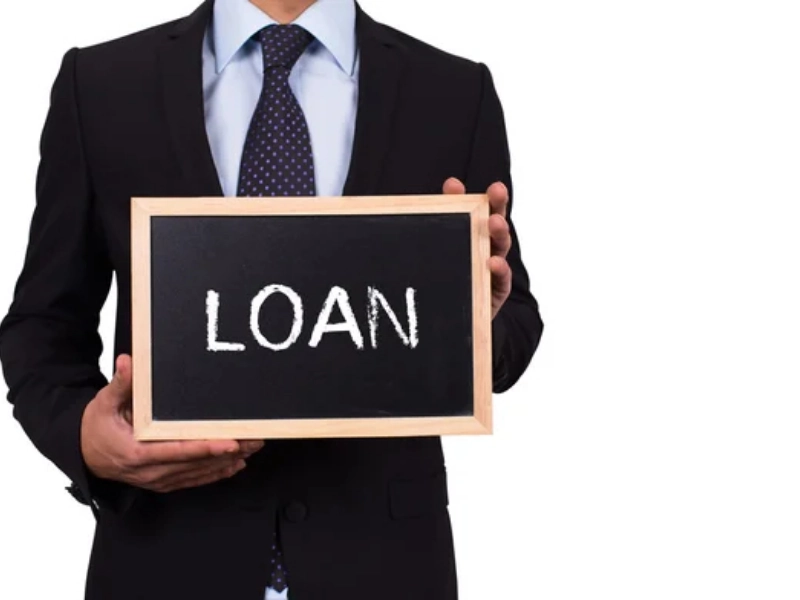Purchasing your first house is a significant financial commitment. Contrary to popular belief, purchasers are not always required to put down the customary 20% down payment. Mortgage choices with low interest rates, easy-to-meet down payment requirements, and closing cost help are available through federal, state, and local programs. First-time homebuyers or those who fulfill low-to-moderate income requirements are the target audience for these programs.

 Many mortgage incentives are available with FHA home loans, particularly for first-time homebuyers. For example, they have less of a down payment requirement than traditional loans, and they are more accessible to those with imperfect credit. You may also be able to use a non-occupant co-applicant to aid with closing costs and your down payment according to FHA mortgage standards. As long as you can verify that the money was given without expecting anything in return and you can track down the source, you can also use money that was given to you as a present from friends or family.
The prerequisites for an FHA loan include having a qualifying credit score of $500 or above and a consistent source of income that can be attested to on either pay stubs, bank statements, or tax filings. However, a one-time and yearly mortgage insurance fee (MIP) will be required of you. For applicants with credit scores below average, these costs are frequently higher than those of a traditional mortgage. Due to their dependence on the housing market, MIP rates are subject to changes in the economy and patterns in the number of foreclosures.
Many mortgage incentives are available with FHA home loans, particularly for first-time homebuyers. For example, they have less of a down payment requirement than traditional loans, and they are more accessible to those with imperfect credit. You may also be able to use a non-occupant co-applicant to aid with closing costs and your down payment according to FHA mortgage standards. As long as you can verify that the money was given without expecting anything in return and you can track down the source, you can also use money that was given to you as a present from friends or family.
The prerequisites for an FHA loan include having a qualifying credit score of $500 or above and a consistent source of income that can be attested to on either pay stubs, bank statements, or tax filings. However, a one-time and yearly mortgage insurance fee (MIP) will be required of you. For applicants with credit scores below average, these costs are frequently higher than those of a traditional mortgage. Due to their dependence on the housing market, MIP rates are subject to changes in the economy and patterns in the number of foreclosures.
 First-time homebuyer assistance programs offered by the federal and state governments may include housing subsidies, loans for down payment assistance, and mortgages that are forgiven. In comparison to conventional loans, they may also have lower credit standards and mortgage rates.
For instance, first-time homebuyers with low to moderate incomes can obtain affordable mortgage financing through the State of New York Mortgage Agency's (SONYMA) Achieving the Dream program. These programs usually have income, job history, and credit criteria, along with a 3 percent down payment.
Furthermore, those with low incomes and less than ideal credit can apply for programs offered by the Federal Housing Administration. These aren't risk-free options, either, because FHA loans have an upfront mortgage insurance fee that the borrower is responsible for paying.
In addition, a new borrower can be eligible for a USDA loan, which can be used to buy condos, prefabricated houses, and single-family homes. A borrower's household income cannot be more than 115% of the median family income in the community in which they plan to buy a property in order to be eligible for a USDA loan.
First-time homebuyer assistance programs offered by the federal and state governments may include housing subsidies, loans for down payment assistance, and mortgages that are forgiven. In comparison to conventional loans, they may also have lower credit standards and mortgage rates.
For instance, first-time homebuyers with low to moderate incomes can obtain affordable mortgage financing through the State of New York Mortgage Agency's (SONYMA) Achieving the Dream program. These programs usually have income, job history, and credit criteria, along with a 3 percent down payment.
Furthermore, those with low incomes and less than ideal credit can apply for programs offered by the Federal Housing Administration. These aren't risk-free options, either, because FHA loans have an upfront mortgage insurance fee that the borrower is responsible for paying.
In addition, a new borrower can be eligible for a USDA loan, which can be used to buy condos, prefabricated houses, and single-family homes. A borrower's household income cannot be more than 115% of the median family income in the community in which they plan to buy a property in order to be eligible for a USDA loan.
 Numerous municipal and state governments provide down payment assistance programs for customers who are short on cash. Speak with your housing counselor or utilize Freddie Mac's free service, DPA One (r), to locate programs that are available in your area.
For instance, the HomeFirst Down Payment Assistance Program in New York allows qualified first-time homebuyers to receive a forgiving second mortgage loan equal to up to 3%, 4%, or 5% of the purchase price. Completing a homebuyer education course and satisfying income criteria are prerequisites for eligibility.
Additionally, the state of California provides down payment aid through the CalHFA mortgage program. Borrowers may be exempt from some income restrictions if they work as teachers or firefighters. Otherwise, certain income restrictions must be met. For further information, see HUD's list of state-specific programs that are offered.
Numerous municipal and state governments provide down payment assistance programs for customers who are short on cash. Speak with your housing counselor or utilize Freddie Mac's free service, DPA One (r), to locate programs that are available in your area.
For instance, the HomeFirst Down Payment Assistance Program in New York allows qualified first-time homebuyers to receive a forgiving second mortgage loan equal to up to 3%, 4%, or 5% of the purchase price. Completing a homebuyer education course and satisfying income criteria are prerequisites for eligibility.
Additionally, the state of California provides down payment aid through the CalHFA mortgage program. Borrowers may be exempt from some income restrictions if they work as teachers or firefighters. Otherwise, certain income restrictions must be met. For further information, see HUD's list of state-specific programs that are offered.